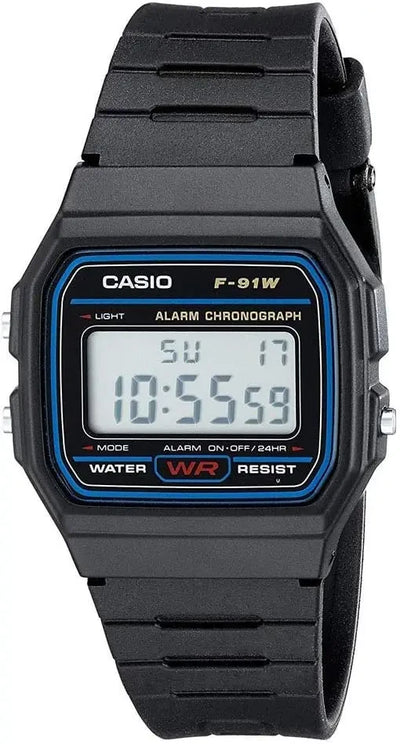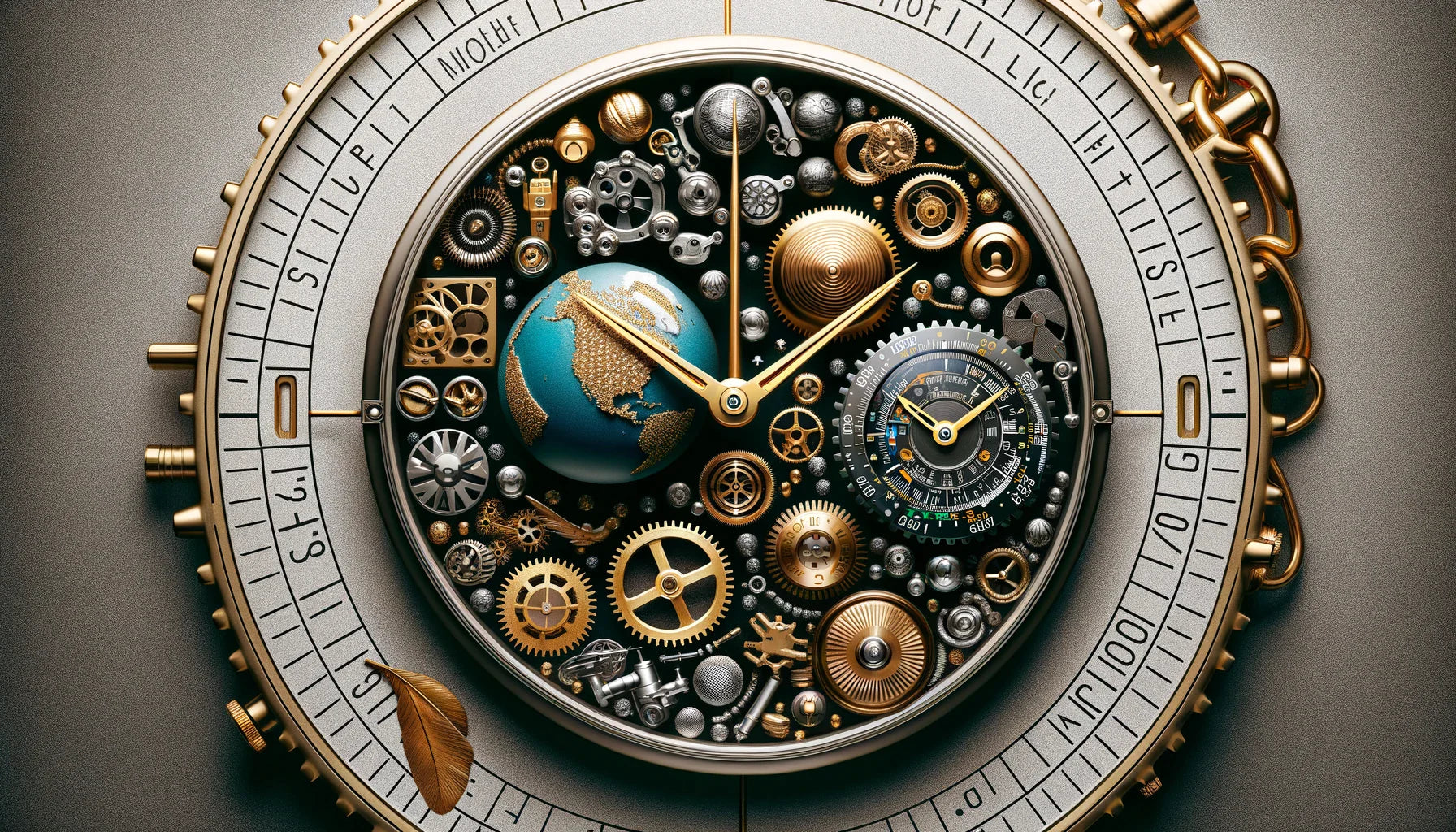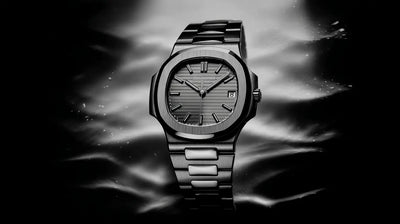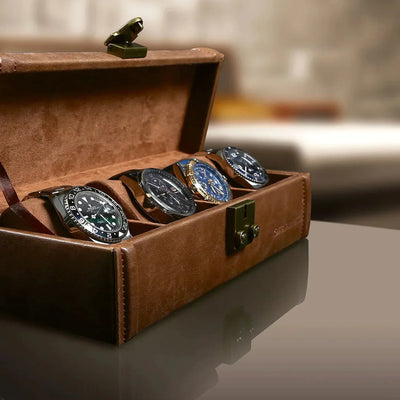
What is the best-selling watch in the world?
Which watch is the best-selling in the world among all the brands and models available on the market? We will explore...



The luxury watch industry , renowned for its refinement and excellence, hides complex ethical questions behind its brilliance. Watch enthusiasts , attracted by major Swiss watch brands , such as Rolex , Omega , Hublot , Zenith , Baume et Mercier , Frédérique Constant , Vacheron Constantin and many others, have developed luxury watches for men and women which would become timeless symbols of success and refinement. However, behind these fascinating timepieces lie ethical issues that deserve our attention. Indeed, the precision of these objects of desire often finds themselves facing ethical dilemmas linked to production, working conditions in factories and the environmental and social impact of their manufacturing. This article aims to explore these aspects, drawing on recent studies and providing enthusiasts with insight into the ethical issues hidden behind luxury watchmaking .
In the 1980s and 1990s, faced with the rise of electronic watches, Switzerland was able to revalue its mechanical watches by positioning them as luxury products, thanks to a reaffirmation of the importance of artisanal techniques and the role of artisans. watchmakers. This period marked a decisive turning point, redefining the industry not only as a manufacturing sector, but also as a true bearer of culture and tradition.
(Source: Munz 2018 ) .
( Source: Respen, Zufferey, & Wieser, 2017 ).
Luxury watches, beyond their primary function of measuring time, are charged with significant symbolic power . They embody dreams of status, success and belonging to a distinct social group. However, this aspiration, fueled by brands through sophisticated marketing campaigns, raises ethical questions for consumers. Is it justifiable to spend considerable sums on objects whose added value lies mainly in their symbolism? Are consumers complicit in potentially harmful industrial practices?
( Source: Kern, 2017 ).
Faced with criticism, some brands have started to adopt more responsible practices, seeking to minimize their environmental impact and improve working conditions in their production chains. These initiatives, while laudable, are only the first steps towards a truly ethical watch industry. Consumers, for their part, play a crucial role in favoring brands that are committed to responsible and transparent production.
The luxury watch industry, with its rich heritage and constant pursuit of excellence, finds itself at an ethical crossroads. As amateurs and enthusiasts, it is our responsibility to question and reflect on the impacts of our consumption choices. Through our commitment and curiosity, we can help shape an industry that respects not only the art of watchmaking, but also fundamental ethical principles.

Which watch is the best-selling in the world among all the brands and models available on the market? We will explore...

It leaves no trace. No scratches, no dents. Nothing visible. And yet, magnetism is one of the quietest enemies of your automatic watch. ...

The world of watch boxes offers a multitude of options to meet various needs and preferences. From a simple storage box to...
Leave a comment
This site is protected by hCaptcha and the hCaptcha Privacy Policy and Terms of Service apply.